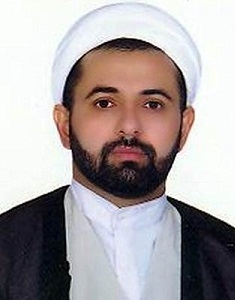Abolghasem Rahimi Balui
One of the fundamental questions in the philosophy of jurisprudence (fiqh) is the following: “Faced by the changing needs and requirements of time and place, and in spite of the claim that with the Holy Prophet (pbuh) prophethood being sealed and religion being established, how may religious rules are still efficient?”
To understand the way time and place influence ijtihad, a particular ijtihad is required; and this is a particular way to access some religious rules. Adequate knowledge of the contemporary affairs as well as correct and reasonable attention to the requirements of time and place are effective on both rules and the way of ijtihad and inference.
To find that how those who infer rules and those who claim for understanding shari’ah (religious law) are able to be successful when facing such changing and floating requirements of time and place, one needs to find harms in the way of inference while facing such affairs.
In the present writing, the author tries to provide a correct and documented reply for the above question. Of course, if we take into account the presumption that man’s needs are divided into two parts (fixed and changing) and needs included in the fixed part are of a permanent and universal nature, while those in the changing part will change if factors and backgrounds change, rules for each part will be, accordingly different.




